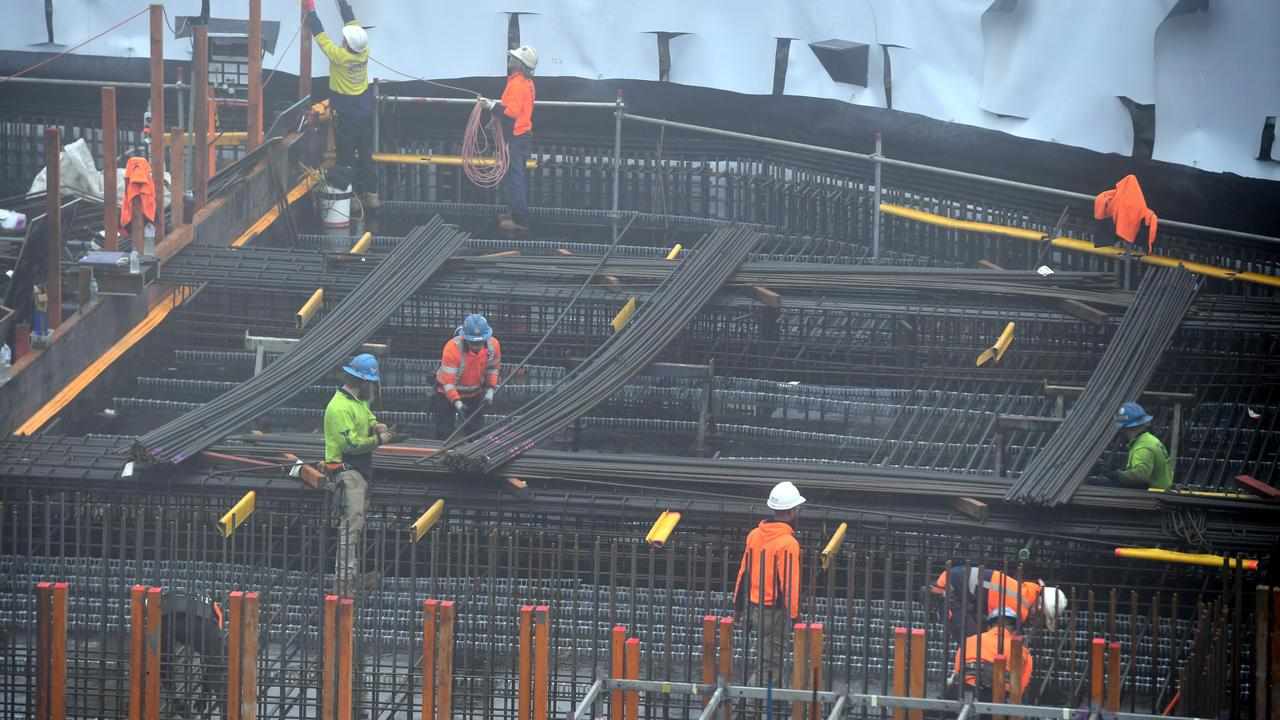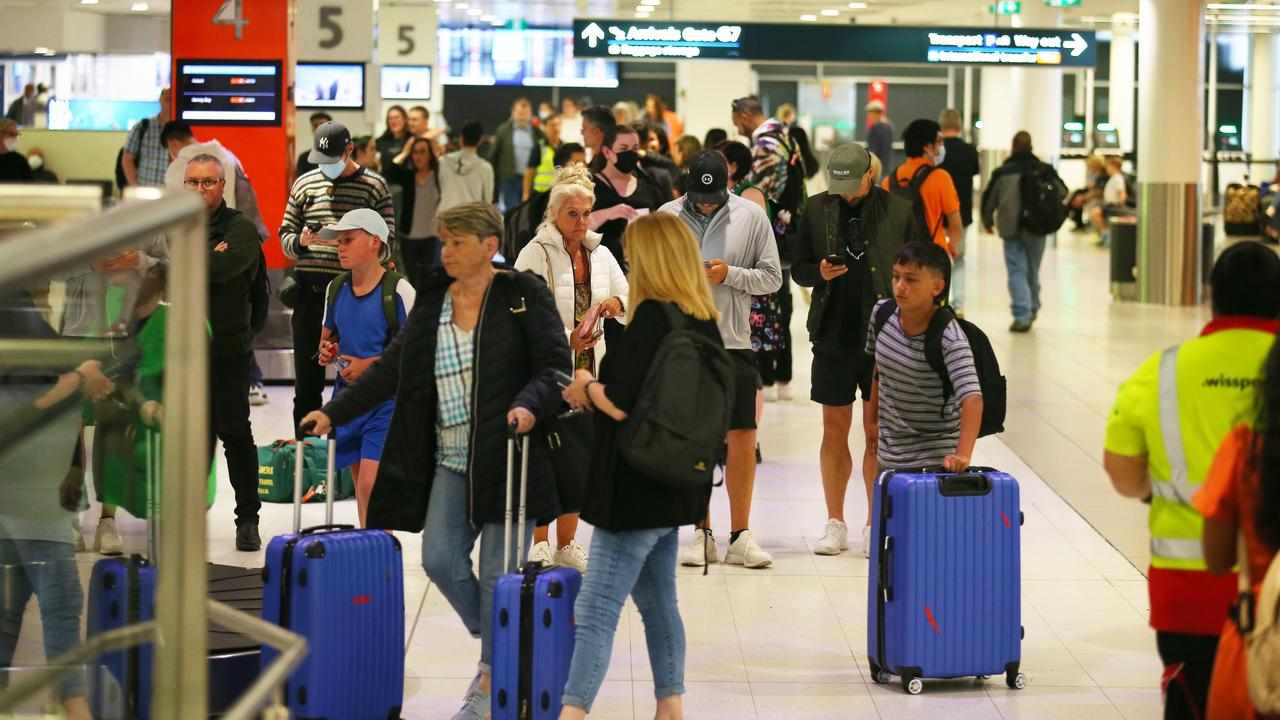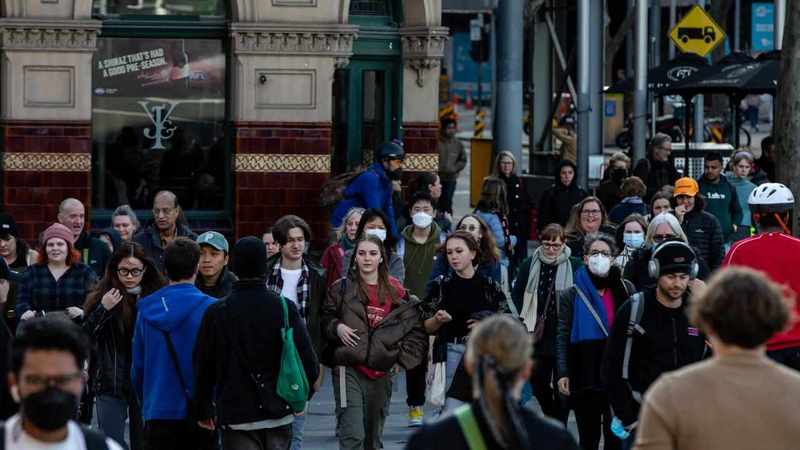Plenty of jobs are being created that are readily being filled by an expanding workforce.
About 61,000 jobs were added to the economy in November, according to a labour market update from the Australian Bureau of Statistics, which was well above a 10,600 lift pencilled in by forecasters.
The bulk of these jobs, about 57,000, were full-time gigs. Part-time employment grew by 4500.
Despite the robust jobs growth, the unemployment rate moved higher to 3.9 per cent in November, from an upwardly revised 3.8 per cent in October.
AMP Australia deputy chief economist Diana Mousina said high population growth was underpinning strong monthly gains in employment.

Separate data released by the national statisticians showed Australia’s population growing by a record 624,100 over the year to June, with strong net overseas migration playing a key role.
Ms Mousina said there were more people looking for work, which led to a higher unemployment rate and was reflected in the participation rate reaching a new high of 67.2 per cent.
HSBC's chief economist for Australia, Paul Bloxham, said the nation was tracking towards the soft landing it was hoping for.
"The key positive is that strong labour demand is being met by strongly boosted labour supply," Mr Bloxham wrote in a note.
He said the jobs market was loosening up primarily from the supply side, which was taking pressure off wages growth without job opportunities disappearing entirely and piling pressure on household finances.
"A strong jobs market is a key factor that has meant that despite the sharp rise in interest rates, mortgage arrears and defaults remain low," he said.
But with the labour market showing gradual signs of loosening, including a gradual uptick in the unemployment rate and average hours worked trending lower, the economist said the RBA was likely done lifting interest rates.

"However, given the still strong labour demand and only gradually loosening jobs market, the RBA is also unlikely to be in a hurry to cut its cash rate anytime soon," Mr Bloxham said.
Treasurer Jim Chalmers said the dataset was not enough to assure a soft landing but it was a promising set of numbers.
"This does give us some confidence that we approached the uncertainties of 2024 from a position of strength," he said.
Opposition workplace relations spokeswoman Michaelia Cash said decisions made on industrial relations laws would make life more difficult for workers and businesses.
“The Albanese government has no plan for lifting productivity in this country and the new industrial relations laws will only hurt productivity,’’ she said.









